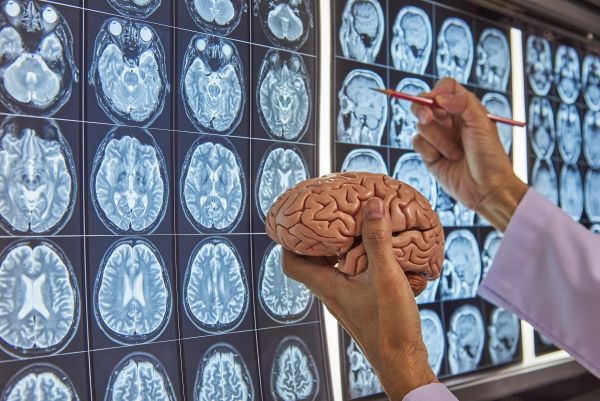Neurosurgery

Neurosurgery
Neurosurgery is a medical specialty dedicated to the surgical treatment of disorders of the brain, spine, and nervous system. Neurosurgeons are highly skilled professionals who perform surgeries to treat a variety of neurological conditions, ranging from brain tumors to spinal cord injuries, and everything in between. Neurosurgery plays a critical role in enhancing patients’ quality of life by addressing complex issues related to the nervous system.
Neurosurgery is a medical specialty that focuses on the surgical treatment of conditions affecting the brain, spine, and nervous system. Neurosurgeons are highly trained specialists who perform surgeries to treat a wide range of neurological conditions, from brain tumors to spinal injuries, and everything in between.
Why is Neurosurgery Important?
Neurosurgery can offer life-saving treatments and significantly improve the quality of life for individuals suffering from neurological disorders. With the advancement of surgical techniques and technology, neurosurgeons are now able to offer minimally invasive procedures that allow for faster recovery times and fewer complications. Neurosurgery provides patients with essential options for addressing both common and rare neurological conditions.
Common Neurosurgery Procedures
Neurosurgeons perform a wide range of procedures, each tailored to the specific needs of the patient. Here are some of the most common surgeries performed in the field of neurosurgery:
1. Brain Tumor Surgery
Brain tumors, whether benign or malignant, require surgical intervention for removal or biopsy. Neurosurgeons carefully remove tumors using advanced imaging techniques to minimize damage to surrounding healthy tissue.
2. Spinal Fusion Surgery
Spinal fusion is commonly performed to treat conditions such as degenerative disc disease, scoliosis, or spinal instability. This procedure involves fusing two or more vertebrae together to stabilize the spine.
3. Discectomy
A discectomy is performed to remove a herniated or damaged disc in the spine. This procedure is commonly done to relieve pressure on the spinal cord or nerves, which can alleviate pain and improve mobility.
4. Aneurysm Repair
Neurosurgeons often perform surgery to treat brain aneurysms, which are bulging blood vessels in the brain that can be life-threatening if they rupture. Aneurysm repair involves sealing or clipping the affected vessel to prevent rupture.
5. Carpal Tunnel Release
For patients suffering from carpal tunnel syndrome, a common condition caused by compression of the median nerve in the wrist, a carpal tunnel release surgery can provide relief by cutting the ligament that is compressing the nerve.
6. Deep Brain Stimulation (DBS)
DBS is a procedure used to treat movement disorders, such as Parkinson’s disease, by implanting a device that sends electrical impulses to specific areas of the brain. This helps control symptoms like tremors and rigidity.
7. Craniectomy
A craniectomy involves the removal of part of the skull to relieve pressure on the brain caused by swelling or injury. It’s often performed in emergency situations following trauma, such as a severe brain injury.
Conditions Treated by Neurosurgery
Neurosurgery treats a wide array of neurological disorders, including:
- Brain Tumors: Abnormal growths of tissue in the brain that can affect cognitive function and neurological health.
- Spinal Cord Injuries: Trauma to the spinal cord that can cause paralysis or other neurological deficits.
- Herniated Discs: Discs that protrude from the spine and press on nerves, causing pain and dysfunction.
- Aneurysms: Bulging or weakening blood vessels in the brain that may rupture, leading to a life-threatening condition.
- Epilepsy: Seizure disorders that can be treated with surgery for patients whose condition does not respond to medication.
- Parkinson’s Disease: A neurodegenerative condition that can be treated with deep brain stimulation to manage motor symptoms.
- Traumatic Brain Injury (TBI): Serious brain injuries that may require surgical intervention to reduce swelling, remove blood clots, or repair fractures.
Benefits of Neurosurgery
Neurosurgery offers numerous benefits, depending on the condition being treated:
- Life-Saving Treatment: Neurosurgery can help treat critical conditions, such as brain aneurysms or spinal cord injuries, where immediate intervention is necessary.
- Pain Relief: Neurosurgical procedures, especially those that address herniated discs or nerve compression, can significantly reduce chronic pain and discomfort.
- Improved Mobility: Surgery on the spine or brain can improve a patient’s ability to move, walk, and perform daily tasks that may have been impaired by neurological conditions.
- Faster Recovery: Many neurosurgical procedures today are minimally invasive, leading to quicker recovery times and less post-operative pain.
